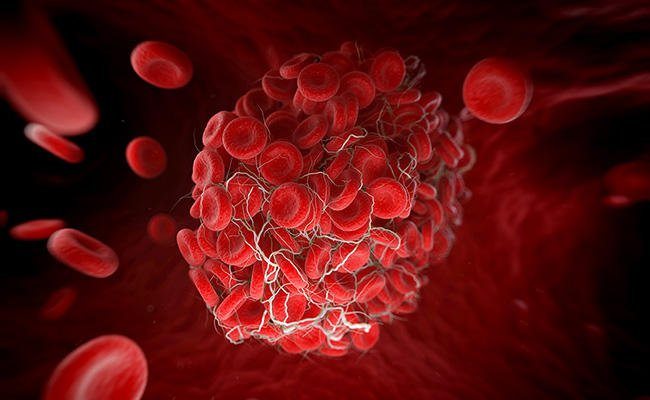
During the weekend and into Monday in the US, the American Society of Hematology (ASH) Annual Meeting took place and – as is pretty much the case every year – has dominated the biotechnology and healthcare headlines since.
A number of companies have moved in the space on the back of (primarily) data and development program updates and these companies are going to be the focus of our discussion today.
So, with this said, here’s a look at some of the biggest movers in biotech right now, each of which is moving on the back of an appearance at ASH.
First up, Celgene Corporation (NASDAQ:CELG) and bluebird bio, Inc. (NASDAQ:BLUE).
We’re looking at these two companies together because the data that was put out over the weekend is the result of a collaboration between them. Specifically, Celgene and bluebird announced some updated data from an ongoing phase I study that was set up to investigate the safety and efficacy of a drug called bb2121 in a target indication of patients with late-stage relapsed/refractory multiple myeloma.
Late-stage relapsed/refractory multiple myeloma is one of those cancer types that really doesn’t offer patients that wide a variety of treatment options if any once standard of care has failed (or stopped working) and so there’s a very large unmet need right now in this population.
Celgene and bluebird are trying to change this and while the data that the two companies have put out is only phase I data (so, it’s very early days from an efficacy standpoint), things look about as promising as they could do for a nascent development asset.
As per the numbers that the two companies presented, the drug registered an overall response rate (ORR) of 94% in patients in active dose cohorts and a complete response (CR) rate of 56%.
Again, we’ll highlight the fact that this is a young program but to chalk up an ORR of 94% is incredibly impressive. Couple that with the CR of 56% (so, the drug has basically halted progression in more than half of these late-stage, poor prognosis patients) and things look even better.
The trial is still ongoing so we should see some expansion on these numbers during early to mid next year but – whatever happens – bb2121 just became a drug to watch.
Notably, bluebird climbed just shy of 20% during the session on Monday to close out at a little over $201 a share.
Next in line is BioMarin Pharmaceutical Inc. (NASDAQ:BMRN).
This one is rooted in another early-stage trial – a phase I/II looking at the safety and efficacy of a drug called valoctocogene roxaparvovec as a treatment for severe hemophilia. This is a mostly inherited genetic disorder that impairs the body’s ability to make blood clots. The inability to create blood clots efficiently (or at all) results in patients bleeding longer after an injury, easy bruising, and an increased risk of bleeding inside joints or the brain.
The drug under investigation here aims to improve the clotting rate in these patients and aims to do so with both an improved dosing regiment and a cleaner safety and tolerability profile as compares to the current standard of care treatments in this indication right now. It’s a gene therapy, meaning that dosing is essentially reduced to one treatment and – after administration – should, theoretically, get to work producing the proteins that are deficient or nonexistent as a result of the gene that’s in the patient naturally being faulty.
So what did the numbers tell us?
Well, again, this one was a pretty strong outcome for the company, its shareholders and – potentially, a little farther down the line – the hemophilia patient population. The trial was based around events (so, how many times the patient bled, essentially) and the target of the study was to reduce the number of events each patient experienced over a set period of time (in this instance, one year).
As per the data, the median annualized bleeding rate in the high dose cohort decreased from 16 events before the study to 1 event after gene transfer. Again, that’s an incredibly impressive result and it’s one that sets up this program as one to watch moving into 2018.
As might be expected, BioMarin is gaining on the news.




